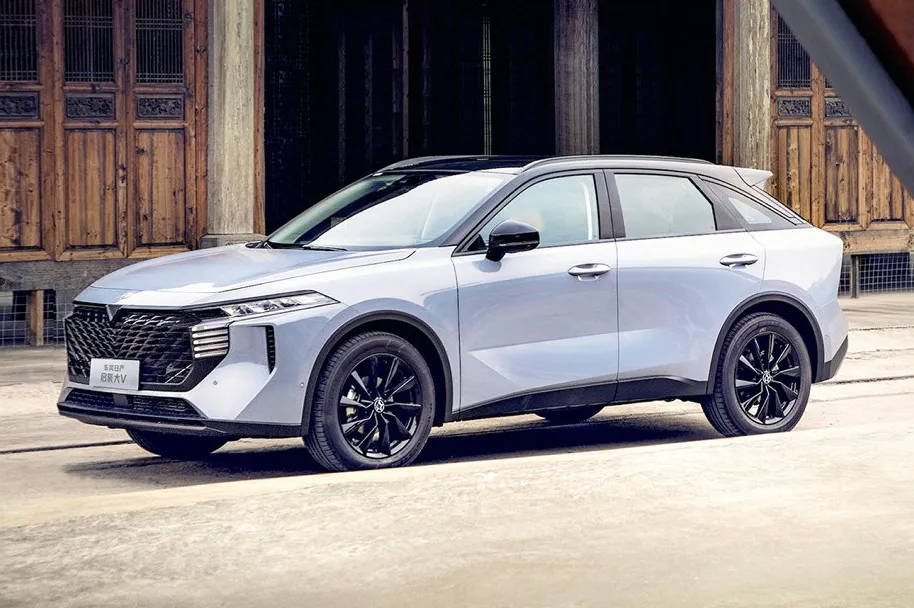Global sales of hydrogen vehicles fell by more than 30% last year, with China becoming world’s largest market
Only 14,451 fuel-cell vehicles were sold worldwide in 2023, compared to 20,704 in 2022, says Korean consultancy

Only 14,451 fuel-cell vehicles were sold worldwide in 2023, compared to 20,704 in 2022, says Korean consultancy
